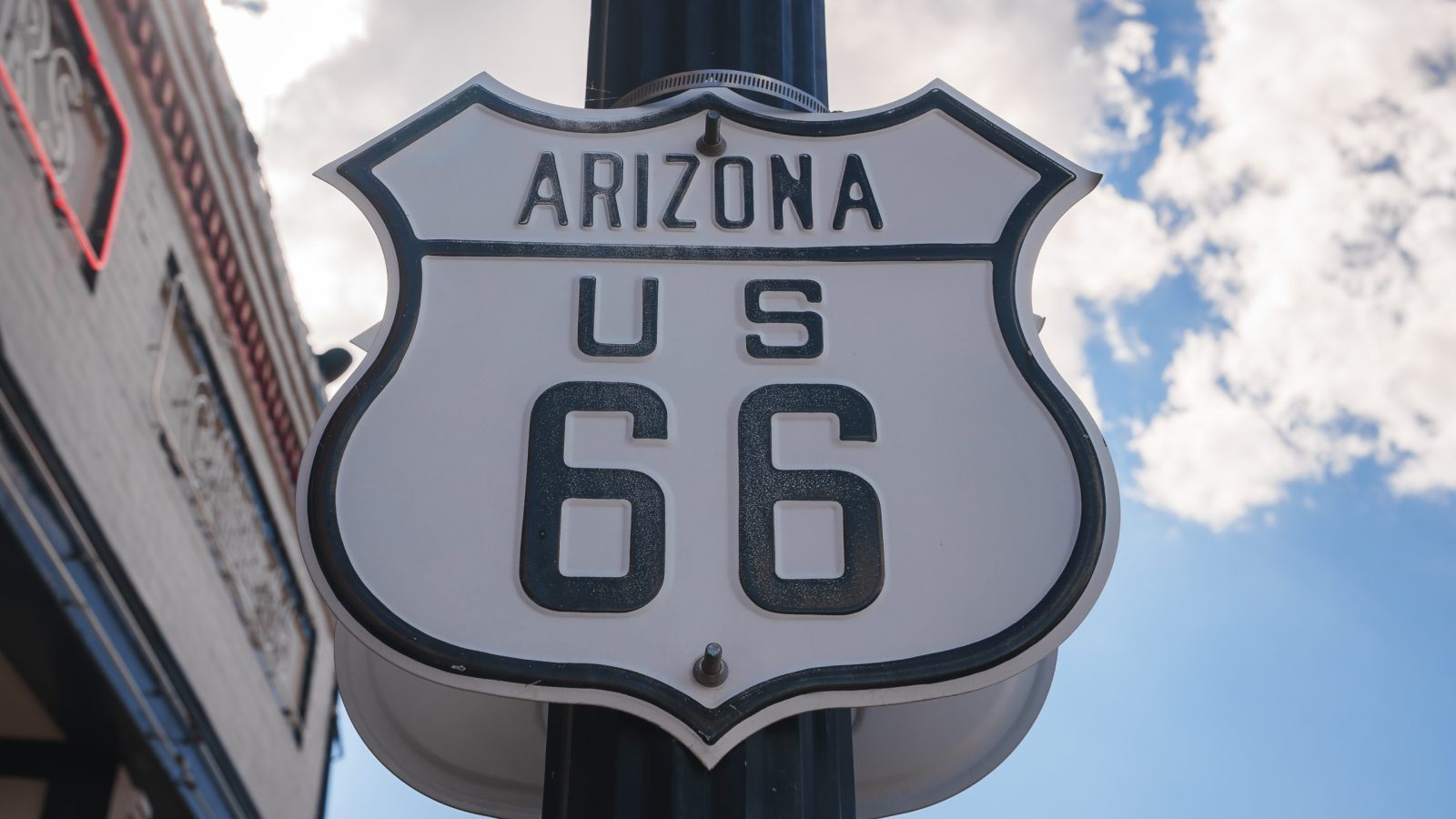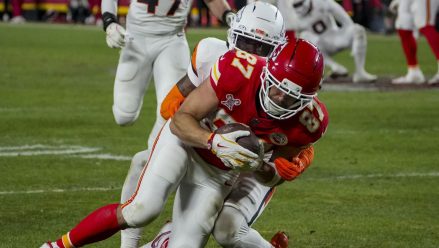The Arizona Department of Gaming (ADG) has warned sports betting and fantasy sports operators this week that offering prediction markets outside of Arizona may jeopardize their licenses.
That warning came in the form of a letter obtained by InGame that was sent to licensed and registered operators on Monday. In the letter, Jackie Johnson, the director of the ADG, wrote, “if the Department believes that an entity related to a licensee is partnered with a company that is selling event contracts in a jurisdiction outside Arizona in violation of the laws of that jurisdiction, that might (depending on circumstances) impact a licensing decision.”
The language from the ADG makes it seem that offering event contracts anywhere in the United States could be a poison pill in Arizona, which is one of the largest state-regulated sports betting markets in the U.S.
The ADG sent cease-and-desist letters to Kalshi, Robinhood, and Crypto.com in May for offering sports betting without a license. Six other states took similar actions. There has been no litigation around Arizona related to sports event trading in state or federal court, to InGame’s knowledge.
2025-09-15_Notice_Letter_to_OperatorsOperators dipping a toe in prediction waters
Underdog, which is a registered fantasy sports operator in Arizona, recently launched sports event contracts in 16 states as a “tech provider” for Crypto.com. Arizona is not one of them.
No other current regulated sports betting or fantasy sports operator is live with a prediction markets product of any kind. FanDuel has announced plans to operate a prediction market in coordination with CME Group for financial markets only.
The new correspondence from the Arizona regulator is similar to what the Ohio Casino Control Commission sent to sports betting operators in August.
Arizona’s regulator took the warning to operators further than Ohio did.
The letter references correspondence in early June sent “to Event Wagering Operators, including Designees and Management Services Providers, requesting certain information related, in part, to Designated Contract Markets (“DCMs”) and the selling of contracts on such things as the outcome of sporting events.”
Kalshi is a DCM; those are the entities that offer prediction markets under the auspices of the Commodity Futures Trading Commission (CFTC). As a DCM, Kalshi can offer sports event contracts, which function like a sports betting exchange. It can also facilitate those event contracts though futures commission merchants; that is how Kalshi works with Robinhood to offer sports betting markets.
Sponsor InGame and reach thousands of industry professionals every month. Your support keeps our reporting and data free for readers — and gets your brand seen where it matters. Email [email protected] for more information.
The ADG letter continues:
“We have now received several responses to our inquiry and have had meetings with some Designees. We have also learned that several licensees, including Fantasy Sports Contest Operators, are planning to enter the prediction marketplace by acquiring an existing DCM, becoming a DCM or a Futures Commission Merchant (‘FCM’), or associating or partnering with a DCM or FCM directly or indirectly, to offer, enable, or sell event contracts outside the framework of state gambling laws.
“I write now to make certain that you are aware of the State of Arizona’s standpoint. Offering or selling event contracts to persons located within Arizona without a license from the Department violates Arizona law. …
“If an Arizona operator chooses to offer, enable, or sell event contracts to persons in this state through their own DCM or FCM (or those under common ownership or operated by a related entity) without a license, or decides to associate, coordinate, or otherwise partner directly or indirectly with persons or entities offering or facilitating the offering, enabling, or sale of event contracts in Arizona without a license, the Department will consider that conduct as it evaluates the continued suitability for that person or entity to maintain a license.
“In addition, even if the licensee is not associated directly with the offering or sale of event contracts to persons in Arizona, its relationship with other persons or entities and conduct in other jurisdictions remains at issue. By way of example only, in determining suitability, the Department will consider any relationship between the licensee (to include its owners, related entities, principals, agents, or employees) and a person or entity offering, enabling, or selling event contracts in Arizona. In addition, the Department will consider the conduct of a licensee, or its owners, related entities, principals, agents, or employees, to offer, enable, or sell event contracts in other jurisdictions, or to maintain any relationship with a person or entity that is engaged in that activity. So, for example, if the Department believes that an entity related to a licensee is partnered with a company that is selling event contracts in a jurisdiction outside Arizona in violation of the laws of that jurisdiction, that might (depending on circumstances) impact a licensing decision.”
Beyond the examples mentioned above, sports betting and fantasy sports operators have been warily eyeing the prediction markets industry. Kalshi and the like are able to offer a sports betting product in all 50 states, including major markets like California and Texas that don’t have legal sports betting.
Sports betting operators will have to balance the desires to increase their addressable market with the state-by-state regulatory regimes that may make that difficult or impossible. Giving up the Arizona sports betting market to offer prediction markets elsewhere, for instance, may not be a realistic option.
Still, sportsbooks likely don’t want to cede the industry to everyone else — the prediction markets themselves, other financial platforms like Robinhood, fantasy sports apps, and more.
Dustin Gouker has been an executive, analyst, writer, and editor in the gambling industry for more than a decade after a career in newspaper journalism. He currently runs a gambling and content consultancy and publishes two daily newsletters: The Closing Line on the gambling industry and The Event Horizon on prediction markets.







